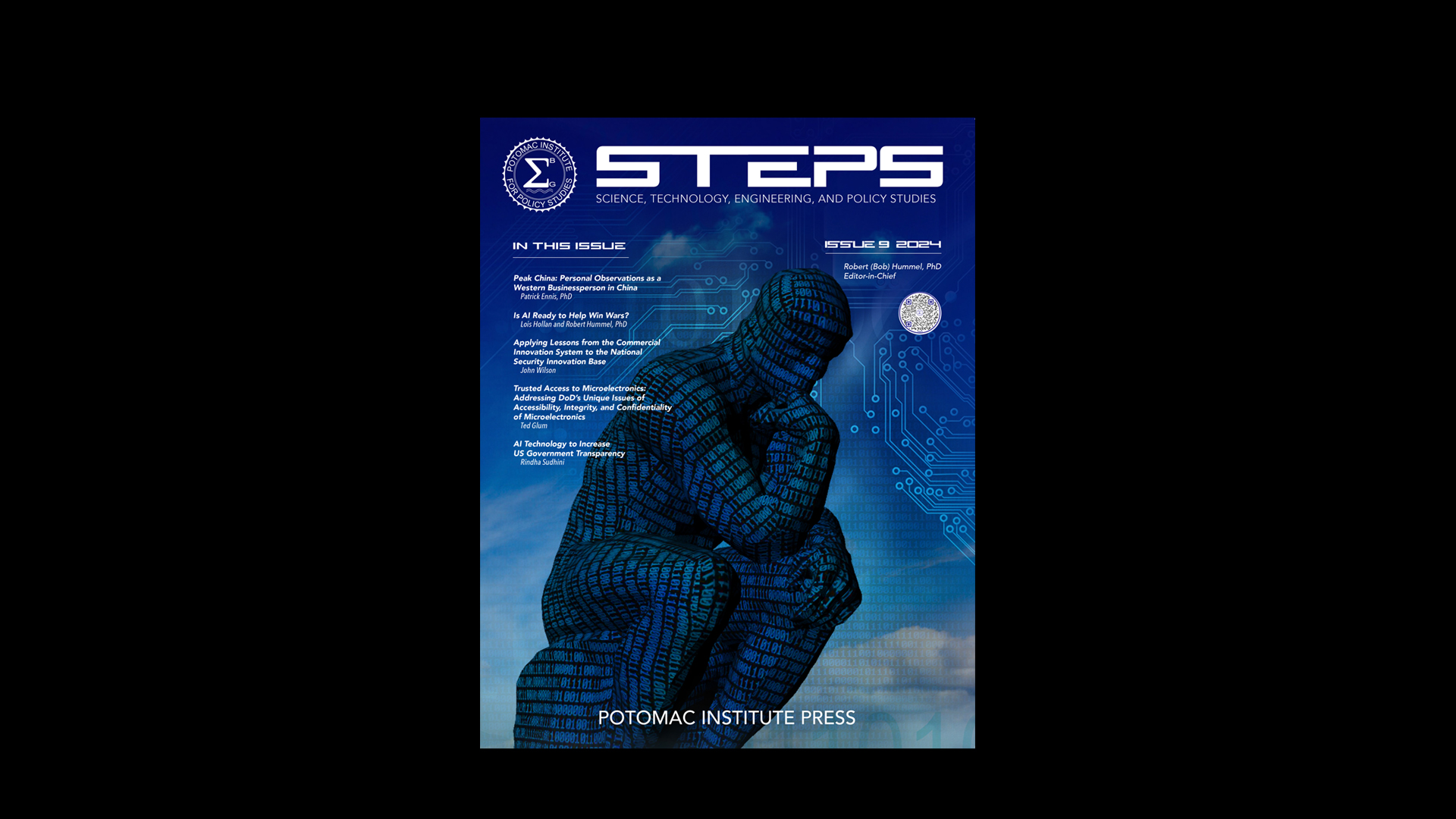The Future of Neuroscience and Neurotechnology
Based on a decade or more of study of neuroscience and neurotechnology, the Potomac Institute for Policy Studies believes that the President’s proposed new initiative called the Brain Research through Advancing Innovative Neurotechnologies (the BRAIN Initiative) will advance the important goal of the development of technologies that can be used to understand the brain. The area is important, we believe, because there are exciting new applications beyond medicine, such as improved training and learning, new methods for controlling and interacting with machines, and ways to enhance our alertness and focus.
However, three components will be essential to a neurotechnology initiative: 1) a well-planned roadmap, 2) an inter-agency coordination office to guide the program, and 3) an integrated program for consideration of ethical, legal, and social issues (ELSI) associated with brain research and its applications.
The Potomac Institute has developed a roadmap, and has previously made recommendations to US government agencies concerning policy considerations in conducting neurotechnology development. We emphasize that the project will call upon many researchers beyond neuroscientists, including engineers, geneticists, biochemists, and experimental psychologists, and will also involve computer science, informatics, medicine, biology, chemistry, physics, nanotechnology, and even microelectronics.
Neurotechnology has the potential to generate major societal benefits and industries that we cannot imagine today. Microelectronics and information technology have brought revolutionary changes to our society – neuroscience and neurotechnology are advancing and expanding more rapidly than many other sciences and are primed to contribute to new capabilities in even bigger ways.
A well-planned and executed roadmap, interdisciplinary and interagency coordination and cooperation, and careful consideration of ELSI will make this potential a reality.

















